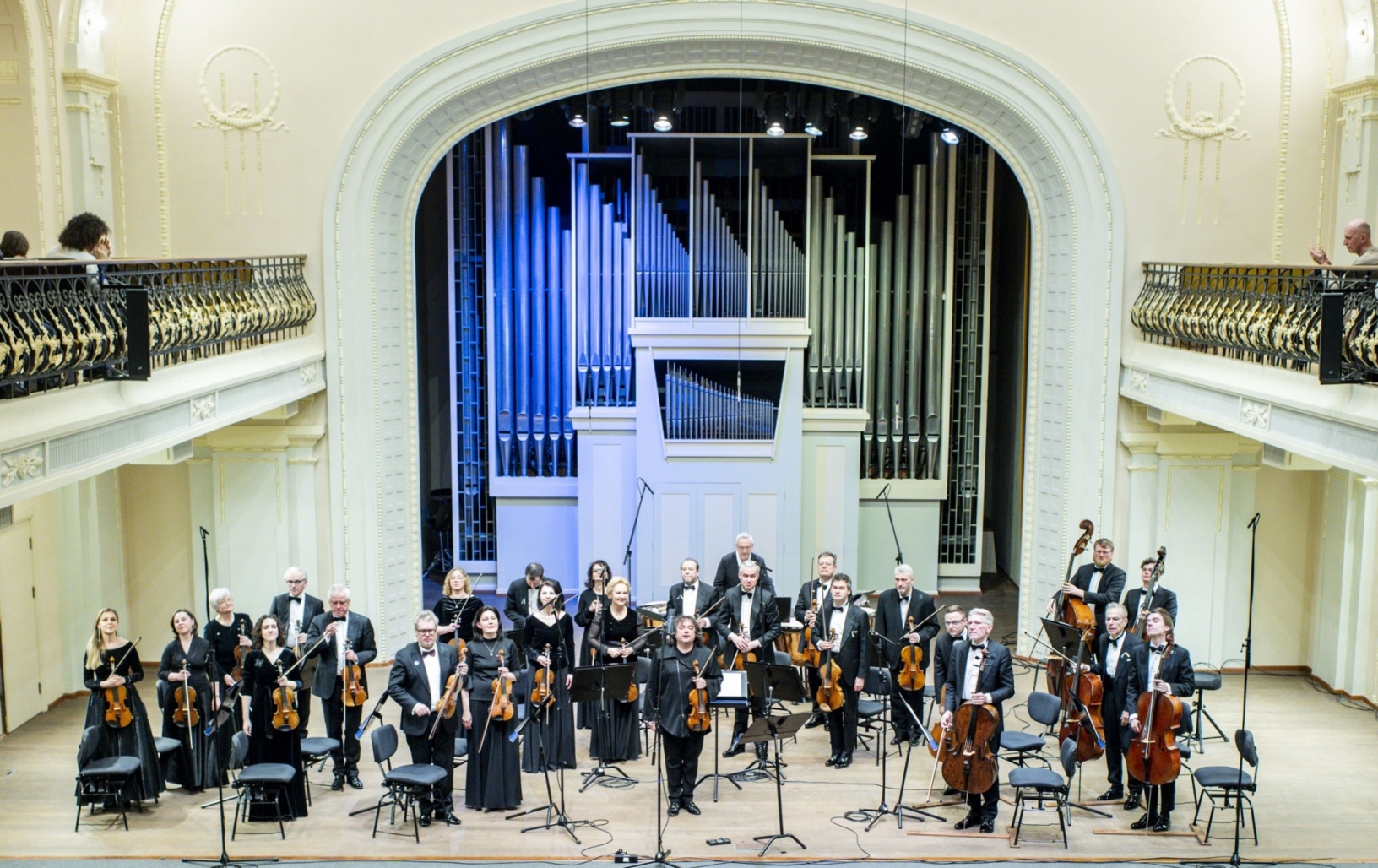Letters to Romantics
Performers
VILNIUS STRING QUARTET
SIMONAS POŠKA (piano)
Programme
LEOŠ JANÁČEK – String quartet No. 2 Listy důvěrné (Intimate Letters)
ANTONIN DVOŘÁK –
Two waltzes for string quartet, Op. 54;
Piano quintet No. 2, Op. 81, in A major
About
A long-standing promoter of chamber music traditions, winner of many prestigious prizes, Vilnius String Quartet regularly delivers interesting programmes and thematic cycles introducing the audiences to masterpieces of the genre as well as to music that is little known in Lithuania. This concert features chamber opuses by Czech composers, relating stories and revealing the innermost experiences of the composers themselves.
Leoš Janáček’s String quartet No. 2 Listy důvěrné (Intimate Letters) tells the story of the composer’s unfulfilled love. In 1917, while on holiday in a Moravian resort, the sixty-year-old composer fell in love with the wife of an antique dealer. She was twenty-six. Although she did not respond or show any interest in his work, Janáček continued to send her letters until his death eleven years later. The letters, which the composer also conveyed through music, project a painfully frank portrait of a lonely musician at the height of his creative powers.
Vilnius String Quartet regularly performs with various partners from Lithuania and around the world. In this concert, they share the stage with Simonas Poška, a young talented pianist, the second prize winner at the 9th International M. K. Čiurlionis Piano and Organ Competition, the winner of Lisztofonija, Music without Borders and other competitions. In March of this year he performed at the exclusive event, the opening concert of the Lithuanian cultural season in France, both as a soloist and with the pianist Mūza Rubackytė, and the French orchestra conducted by Sébastien Billard. The pianist and Vilnius String Quartet will close the concert with a striking highlight, Antonín Dvořák’s Piano quintet, Op. 81, which will mark the 120th anniversary of the composer’s death.
Picturesque, melodious, lively and full of romantic flair, Dvořák’s Quintet is considered one of the most perfect examples of the genre. The second movement, Dumka: Andante con moto, is particularly fascinating, reflecting the depths of an ethnic musical form, dumka (dumka is a type of folk song or epic ballad of some Slavic peoples – Ukrainians, Poles, Slovaks – characterised by an elegiac, sentimental and melancholic mood, often fluctuating between sorrowfulness and jubilation).




